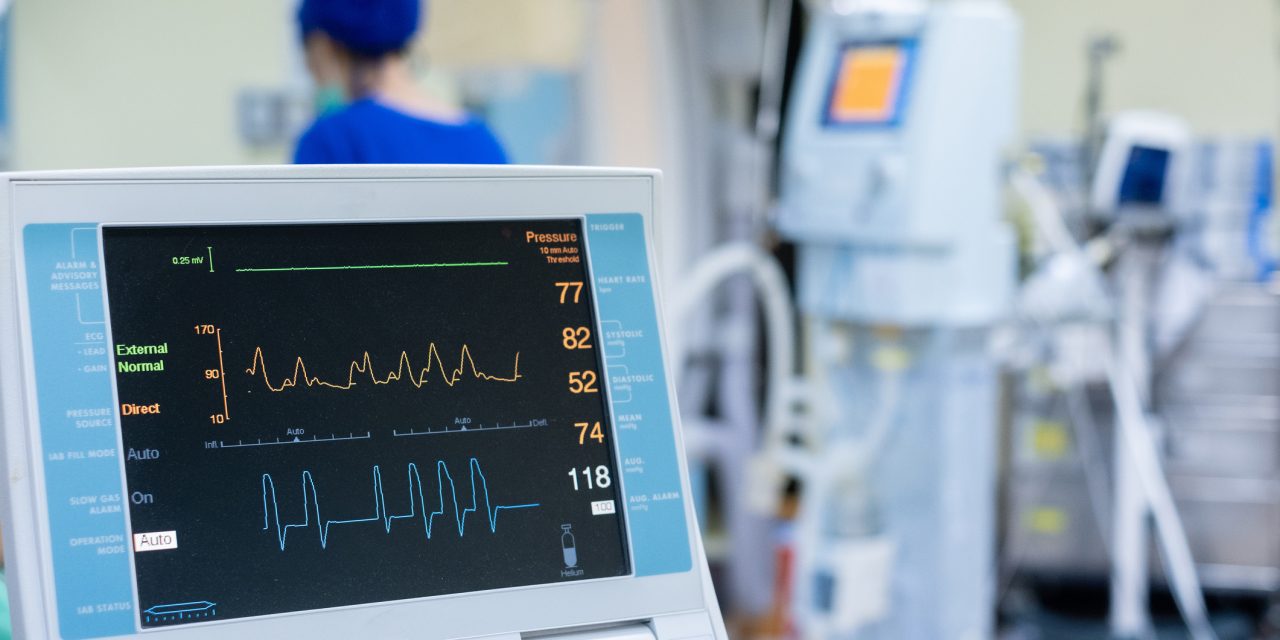The occurrence of congestive heart failure (CHF) hospitalization among patients with atrial fibrillation (AF) is a poor prognostic marker.
To assess whether Insulin-Like Growth Factor-Binding Protein-7 (IGFBP-7), a marker of myocardial damage, identifies AF patients at high risk for this complication.
We analyzed two prospective multicenter observational cohort studies including 3,691 AF patients. Levels of IGFBP-7 and N-terminal pro-brain natriuretic peptide (NT-proBNP) were measured from frozen plasma samples at baseline. The primary endpoint was hospitalization for CHF. Multivariable adjusted Cox-regression analyses were constructed.
Mean age was 69±12 years, 1,028 (28%) were females and 879 (24%) had a history of CHF. The incidence per 1,000 patient-years across increasing IGFBP-7 quartiles was 7, 10, 32 and 85. The corresponding multivariable adjusted hazard ratios (aHRs) [95%CI] were 1.0, 1.05 [0.63;1.77], 2.38 [1.50;3.79], and 4.37 [2.72;7.04] (p for trend <0.001). In a subgroup of 2,812 patients without pre-existing CHF at baseline, the aHRs were 1.0, 0.90 [0.47;1.72], 1.69 [0.94;3.04], and 3.48 [1.94;6.24] (p for trend <0.001). Patients with IGFBP-7 and NT-proBNP levels above the biomarker-specific median had a higher risk of incident CHF hospitalization (aHR 5.20 [3.35; 8.09]) compared to those with only one elevated marker (elevated IGFBP-7 aHR 2.17[1.30;3.60]; elevated NT-proBNP aHR 1.97[1.17;3.33]) or no elevated marker (reference).
Higher plasma levels of IGFBP-7 were strongly and independently associated with CHF hospitalization in AF-patients. The prognostic information provided by IGFBP-7 was additive to that of NT-proBNP.
Copyright © 2020. Published by Elsevier Inc.
Insulin-Like Growth Factor-Binding Protein-7 and risk of congestive heart failure hospitalization in patients with atrial fibrillation.


